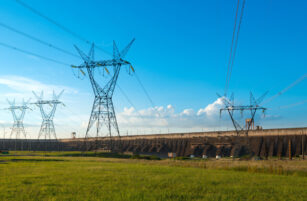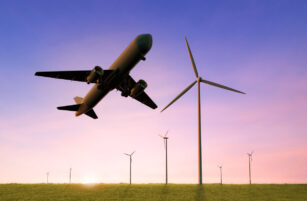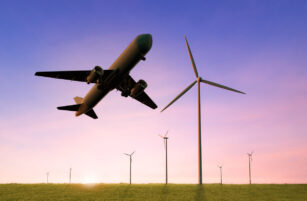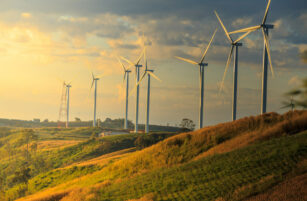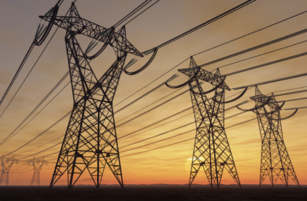Main points
- A week of solar acquisitions, project prospects, and decarbonization.
- Shell announced a portfolio of almost 5 GW of installed capacity from solar power generation projects in Brazil.
- In the coming weeks, the BNDES should launch a new public call for the acquisition of carbon credits in the voluntary market in Brazil.
Shell announced a portfolio of almost 5 GW of installed capacity for solar power gen eration projects in Brazil, in addition to the signed memorandum of understanding with steelmaker Gerdau to construct a 260 MWp solar park in Minas Gerais.
Talking about the distributed generation, companies are in the final race to meet the demand for system installations, ensuring a safety stock, given the end of the 12-month transition period of the legal framework. This is one of the strategies of Intelbras that expanded the store of Renovigi, a company acquired by the company in February this year .
The growth in demand was evidenced in a study by Greener, which points out that demand for equipment in the sector should register more than R$ 35 billion in investments , from deals closed in the first semester. The state of São Paulo leads in this regard, with R$ 2.2 billion.
In a growing market, Absolar launched certification for companies from all links in the solar chain.
The carbon market continues to heat up. In the coming weeks, the BNDES should launch a new public call for the acquisition of carbon credits in the voluntary market from projects carried out in Brazil, with a turnover of R$ 100 million.
And with the growing concern of companies about decarbonization, Comerc Energia launched Comerc Impacta, a product that consists of an inventory of companies’ greenhouse gas emissions and proposes an action plan.
On the side of small and medium-sized companies, those registered with PotencializEE, must stop releasing 1.1 million tons of CO2 into the atmosphere and provide a reduction of 7.267 GWh in energy consumption by the end of 2024.
And biofuels based on solid waste can be one of the main components of the energy transition, which today, according to a study by Wood Mackenzie, account for 3% of the current demand of 100 million barrels per day (b/d) of liquid fuel.


